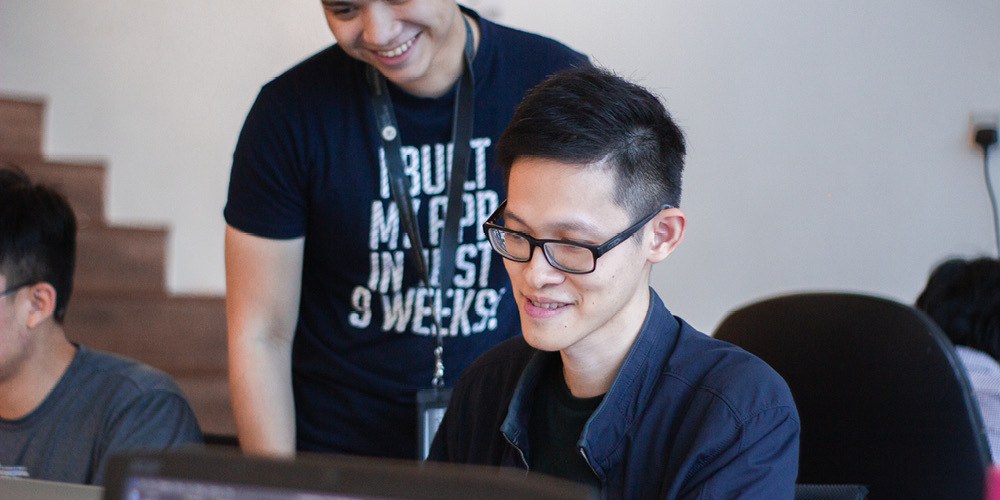Every year, LinkedIn uses its exclusive data to determine top most in-demand skills. These are the soft and hard skills managers will find valuable, and that will most help businesses serve clients and customers in today’s ever-changing environment.
In-demand hard skills
Hard skills are knowledge or technical abilities, such as coding, tax accounting, or budgeting that are teachable and measurable.
In 2019, cloud computing, artificial intelligence, and analytical reasoning topped LinkedIn’s list of the most in-demand hard skills across the globe. In 2020, these three skills are still critical. But the list has a new front runner, and it’s a skill that wasn’t even on the radar a year ago — Blockchain.
LinkedIn maintains that “Blockchain has emerged from the once shadowy world of cryptocurrency to become a business solution in search of problems. Which means that you don’t have to be in financial services to be seeking new hires who have background and expertise in putting Blockchain to use.”
The company highlighted that several high-profile global firms, such as IBM, Amazon and Microsoft, have been actively implementing the technology. LinkedIn has also urged recruiters to learn more about the new technology and its benefits.
Check out the full list of hard skills below.
The top 10 hard skills, as identified by Linkedin, include:
Blockchain
Cloud computing
Analytical reasoning
Artificial intelligence
UX design
Business analysis
Affiliate marketing
Sales
Scientific computing
Video production
But what does this list mean for the modern employee? It means that, though traditional skills such as sales and basic computing will remain relevant for years to come, there’s an imminent and desperate need for people trained in tech-specific roles or who bring technical skills.
Read more about the rise of robots in the workplace here.
In-demand soft skills
Soft skills are more about how someone tends to behave and think, as well as their personality traits. They are needed to be successful in nearly any role but are generally harder to define and measure than hard skills.
Today, the rise of AI is making soft skills increasingly crucial to success in today’s workplace. In fact, over 50% of senior leaders cite soft skills more important than hard skills because they cannot be taught in a classroom or measured on paper.
That's because soft skills are uniquely human - they cannot be automated. So, if you possess valued soft skills, you’ll be even more valuable to organisations in the future.
The top 5 soft skills, as identified by LinkedIn, include:
Creativity
Persuasion
Collaboration
Adaptability
Emotional intelligence
It’s hard to argue the fact that this year’s top soft skills aid success in any role, and most have made repeat appearances for years.
But emotional intelligence (or EQ) - that is, being aware of your own emotions and being able to interpret other people’s - has only just made the top five for the first time.
Of course we’ve talked about the rising value of emotional intelligence for years. But it appears that companies are only now starting to recognise its importance for better communication, stronger teams, and improved relationships, particularly with customers.
You can read LinkedIn’s full in-demand skills article here.
Emerging Jobs
LinkedIn also uses its exclusive data to unveil emerging jobs, which they define as “a role that has seen tremendous growth within a region. This means, while there may not be a large pool of talent who hold this job, we [LinkedIn] have observed large year-on-year growth.”
Based on this year’s results, AI (Artificial Intelligence) has certainly arrived in Australia. It's spreading across all industries, occupations and skill levels and Australia’s top five emerging jobs now all include some aspect of automation or AI.
Here’s the full list:
Artificial Intelligence Specialist
Cybersecurity specialist
Marketing automation specialist
Robotics Engineer (Software)
Site Reliability Engineer
Customer Success Specialist
Data Scientist
Data Engineer
Growth Manager
Chief Strategy Officer
Anti-money Laundering Specialist
Product Owner
Service Designer
Full Stack Engineer
Automation Consultant
You can read LinkedIn’s Australian Emerging Jobs Report here.


